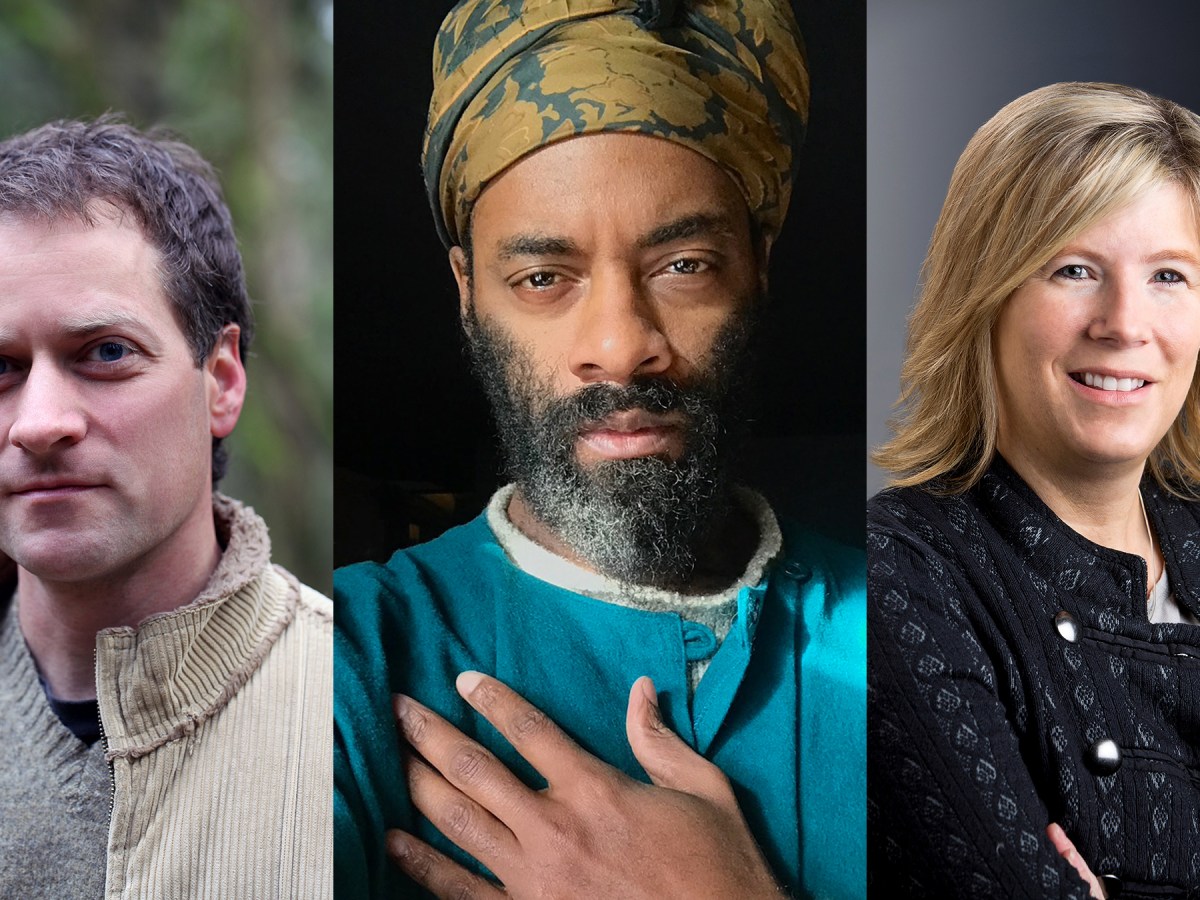Ten awardees will receive a total of more than $1.95 million in support and resources in Tulsa, Oklahoma.
Sponsored
Pedro Reyes Explores Disarmament in DIRECT ACTION at SITE Santa Fe
The Mexican artist confronts gun violence and nuclear power through sculpture, print, performance, and video work.
Call for Applications: Inspiration Lab Artists-in-Residence at University of the Arts
Ten artists will receive studio space and access to faculty, staff, students, workshops, and programming at an arts institution in the heart of Philadelphia.
Onsite Gallery Presents more-than-human
The media artworks in this show at Toronto’s OCAD University tell a tale of symbiosis, intersections, and more-than-human relationality.
Human/Nature: Pathways from Art to Environment
Join the New-York Historical Society on February 10 for a virtual conversation about our changing relationship to the natural world with Julie Decker, John Grade, and LaMont Hamilton.
RISD Continuing Education Offers 170+ Online Courses for Adults and Teens
Spring programming includes certificates for adult learners, RISD’s pre-collegiate online certificate, and new teen courses.
The Heart’s Knowledge: Science and Empathy in the Art of Dario Robleto
Presented by Northwestern’s Block Museum and McCormick School of Engineering, this new exhibition seeks empathy at the boundaries of life. On view in Evanston, Illinois.
Call for Applications: Alex Brown Foundation 2024 Artist Residency Program
Located in Des Moines, Iowa, this residency for emerging and established artists includes studio and living space, a $1,000 monthly stipend, and more.
Hard Return: 9 Experiments for this Moment
Nine performance works transform the Neuberger Museum of Art in Purchase, NY. Co-curated by artist Kate Gilmore and art historian Jonah Westerman.
Push Boundaries With MFA and MA Programs at the University at Buffalo
Fully-funded teaching assistantships are standard for MFA students at the top-ranked, flagship research university in the state of New York.
Advance Your Creativity With Dynamic Grad Programs at University of the Arts
Master new skills, set new goals, and grow as an artist.
Stages Presents Acclaimed Playwright Lisa Loomer’s ROE
The Houston theater company sees its new production as a statement in defense of women’s rights statewide and beyond.












